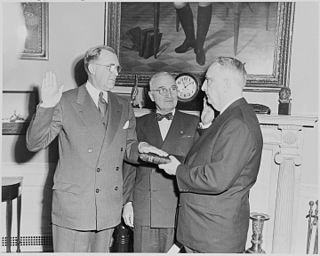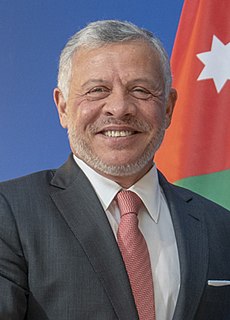A Quote by Che Guevara
How can it be "mutually beneficial" to sell at world market prices the raw materials that cost the underdeveloped countries immeasurable sweat and suffering.
Related Quotes
A considerable proportion of the developed world's prosperity rests on paying the lowest possible prices for the poor countries' primary products and on exporting high-cost capital and finished goods to those countries. Continuation of this kind of prosperity requires continuation of the relative gap between developed and underdeveloped countries - it means keeping poor people poor. Increasingly, the impoverished masses are understanding that the prosperity of the developed countries and of the privileged minorities in their own countries is founded on their poverty.
I think this is really a defining moment for the Arab world. The problem is, it is all going to be about blood, sweat and tears. In certain countries it may be just sweat, and in some countries sweat and tears, and in some countries, as you can see, a lot of blood. I think initial instability is something that we are all extremely nervous of.
The Reichswirtschaftsministerium ('Reich Ministry of Economic Affairs') tells the shop managers what and how to produce, at what prices and from whom to buy, at what prices and to whom to sell. It assigns every worker to his job and fixes his wages. It decrees to whom and on what terms the capitalists must entrust their funds. Market exchange is merely a sham.
We must bear in mind that imperialism is a world system, the last stage of capitalism-and it must be defeated in a world confrontation. The strategic end of this struggle should be the destruction of imperialism. Our share, the responsibility of the exploited and underdeveloped of the world, is to eliminate the foundations of imperialism: our oppressed nations, from where they extract capital, raw materials, technicians, and cheap labor, and to which they export new capital-instruments of domination-arms and all kinds of articles, thus submerging us in an absolute dependence.
Hungary has no raw materials and no major energy sources; we have some agricultural background. So what we produce here in Hungary is the result of our labor and minds, and then we have to sell it to the world. If we are not able to do that, if we are not innovative enough, if we are not modern and open enough, we can't do that.
Some people say that the West has a cruel history. These people also may see the achievements of Western countries - in terms of the economy, education, health, and social achievements - as a result of exploitation of poorer countries, including Arab countries. Western nations get rich by using resources such as Arab oil. Meanwhile, the countries supplying them raw materials remain poor. Due to such injustices, jealousies are created.









































